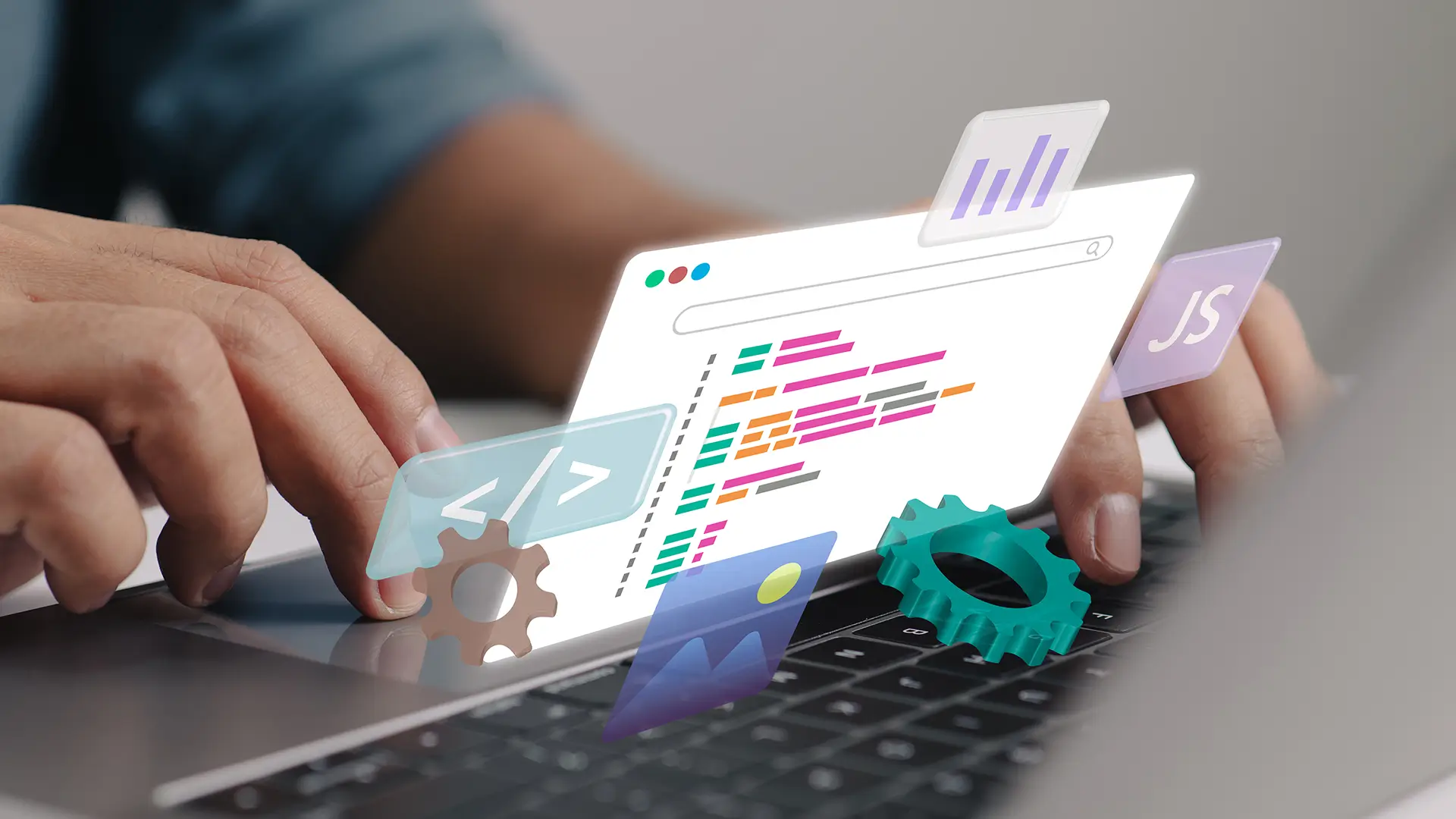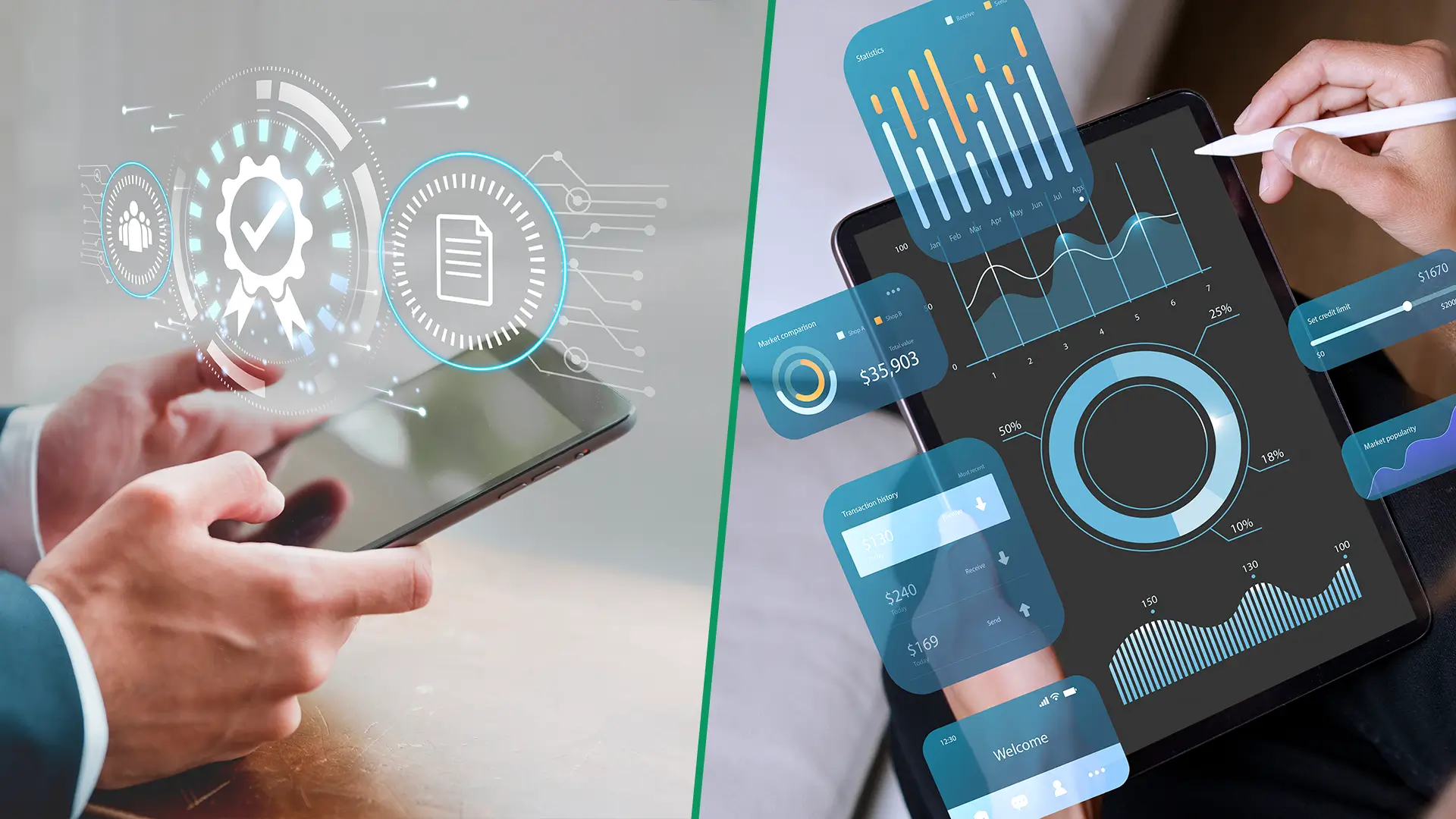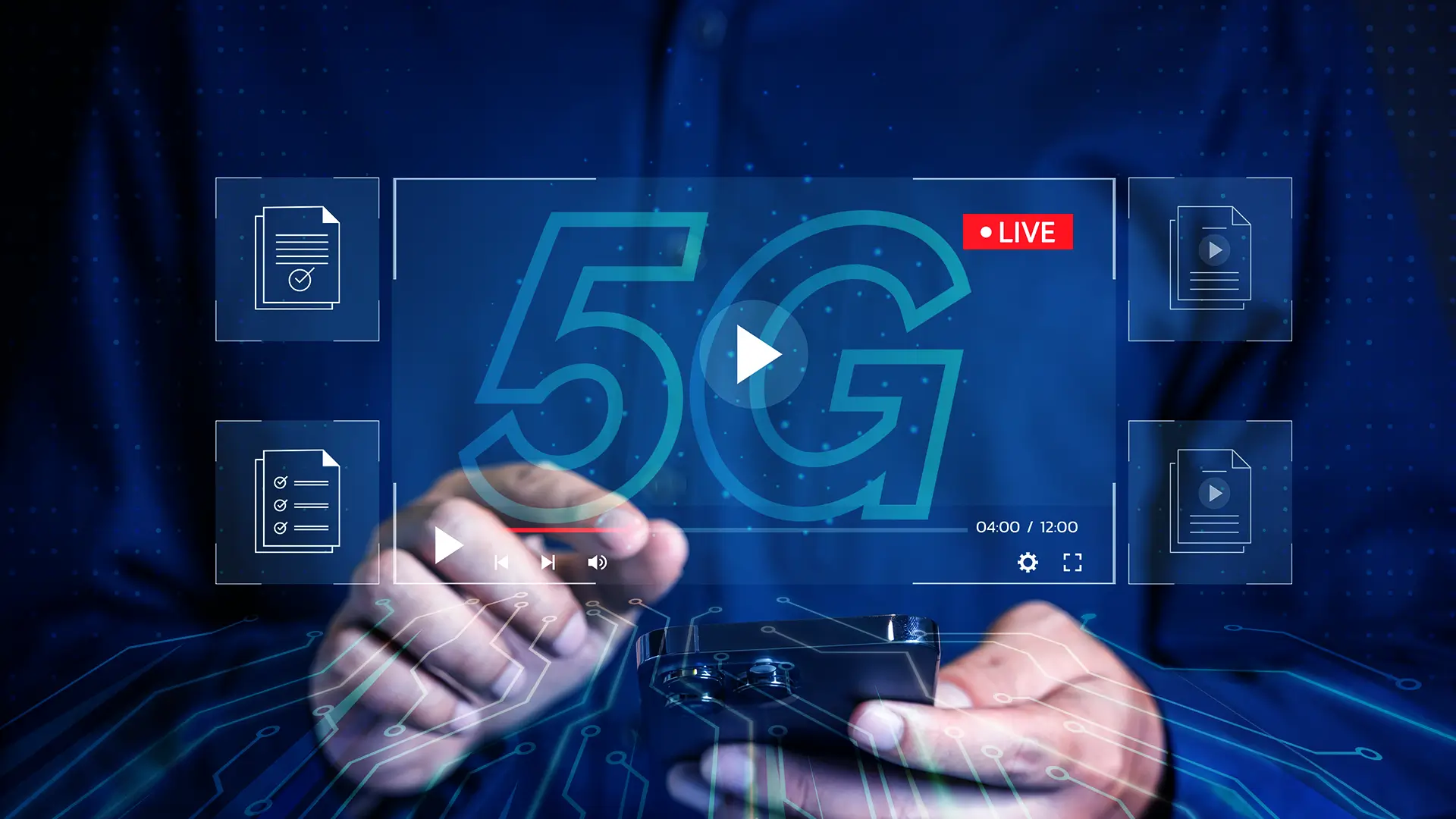AI-Powered Key Takeaways
In the post-pandemic world, seamless digital connectivity across platforms and devices has become more crucial than ever for delivering safe, contactless, and engaging travel and hospitality experiences.
Today’s safety-conscious and tech savvy traveler gravitates towards a touchless self-service ecosystem, often preferring to interact with technology than with humans. Many hotels are now offering mobile check-in and digital concierge services, with customers even expressing an interest in robot-delivered room service. A large number of restaurants have switched to touchless menus that can be viewed on a customer’s phone via a QR code. Airports are employing infra-red scanners, voice control, motion control, cameras, telepresence, and greatly enhanced mobile app features to transform the air travel experience from traditionally high touch to near contactless. In order to retain and attract customers, even established travel brands need to make sure their digital offerings surprise, delight, and stand out from the crowd.
In addition, engaging with customers and responding to their needs through public forums has become paramount to ensuring positive guest relations and driving future bookings. As a result, many hospitality managers and event organizers have found themselves reinventing themselves as social media influencers.
Apps are central to this digital revolution.
To ensure flawless travel and hospitality experiences, developers need to ensure apps are up-to-date and user-friendly through extensive pre-launch testing, ongoing monitoring, and performance optimization throughout the app lifecycle.
Is your app ready for prime time? Find out with our checklist.
- Test, monitor, and analyze apps during QA and in production for perfecting digital experiences
- Create, execute, and automate tests on a variety of real devices
- Test both performance and functionality
- Automate testing with extensive framework and API support, image detection, video-based analysis, and more
- Test user authentication (biometrics, OTP, 2FA)
- Test barcode/QR code input to the app
- Deliver optimal localized experiences for users accessing the app from anywhere in the world
- Ensure seamless in-app transactions across 3rd party payment services
- Optimize critical user journeys by addressing root causes of crashes, errors and slowdowns
- Automate voice and accessibility testing with audio match analysis
- Monitor and optimize carrier network and latency effects
- Ensure compatibility across a diversity of carriers, OSes, and devices
FAQs
Q1: What is smart hospitality?
Smart hospitality uses communications and IT technologies in the hospitality industry to improve staff efficiency, save human resources costs and provide a high degree of customization to the customers.
Q2: How are hotels using IoT?
The hospitality industry is using IoT in various ways
- Automated check-in with self-service kiosks
- Tracking assets, pieces of equipment, and devices
- Connected devices for lighting, heating, and air conditioning
- Smart locks and key-card integrations for security
Q3: What is geo-location based testing?
Web and mobile app functionality and performance vary based on geo-location. These variations can be due to geographical blockades, network speeds, or localized features like currencies and formats. Geo-location testing ensures that changing geo-locations does not impact the app’s functionality or performance.
Q4: What smart technologies does the hospitality and travel industry use?
Some of the technologies used in the hospitality and travel industry are:
- Contactless payments
- AI chatbots
- IoT and robotics in the hospitality industry
- Big data analytics to identify trends
- Smart security services
- Urban mobility and ticketing services
Learn how you can do all this and more with HeadSpin. Contact us today.
Love this content? Check out our infographic.



























.png)

























-1280X720-Final-2.jpg)






